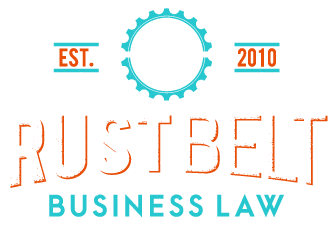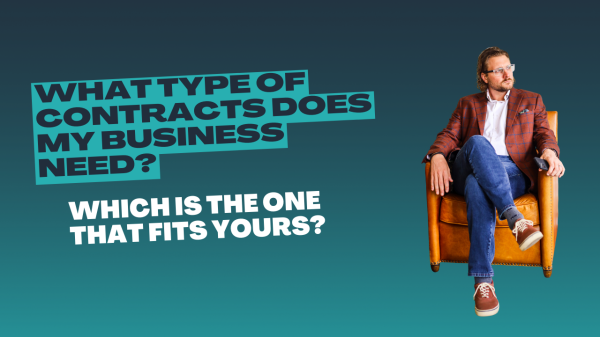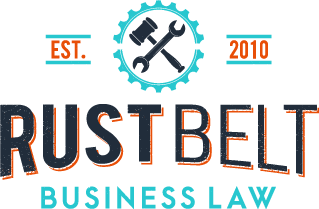The answer really depends on what kind of business you own, and what kind of business you want to run.
We find generally, there are five types of contracts that you should very strongly consider having in your business. This article is only intended to give you broad overview, or a checklist, of sorts. You may find that your business does not need any of these contracts, or may only need certain provisions. That's where the real legal advice comes in.
I'm also going to give you, at the end of this article, one tip that you may not realize, which is more important than the type of contracts you think you need.
Here are the five types of contracts that you should consider having in your business:
First, you may need a contract for the goods or services that you provide. If you hire our law firm, you will receive an engagement agreement. If you are a home improvement contractor, you should have a written contract with the customers that you work with. If you sell large pieces of equipment, or license software, you will have some sort of agreement in place. So depending on whether you provide goods or services, you may want to consider having a contract in place for that.
Second, you may want to have contracts in place with your employees or independent contractors. These are two different categories, because employees and contractors cannot be treated the same way (it's actually against the law). If you have employees that are working for you, you may want to include things like a non-compete agreement, or a non-solicitation agreement. An independent contractor contract may contain some of those provisions (although sometimes they're unenforceable), but it may have some other additional terms that you may want to have in place. It's really important to protect yourself from contractors and employees in your business, and you can protect yourself with the contract.
Third, you may want to have a release of liability, or liability waiver. This doesn't sound like a contract. But it really is. It's an agreement where whoever is signing the release is agreeing not to sue you for something that may happen to them. Depending on your business and the risks that you face, you may want to have this type of release of liability in place for your business. If your release is not drafted properly, it may not be enforceable. Plus, you want to make sure you have plenty of insurance coverage in place as your first line of defense.
Fourth, you may have leases. Maybe you rent your location, or maybe you rent equipment, or vehicles.
And these leases are contracts, they're binding and they're hard to get out of. So these are contracts that if someone else hands it to you, you want to have it reviewed properly, so that you can make sure that your interests are protected, and that you aren't going to get in huge trouble if you do want to get out of this agreement later on or if something else happens.
Finally, depending on the type of business, you may want to have a nondisclosure agreement in place. If you've got trade secrets, or patents, or some proprietary information that you want to protect yourself from getting out into the public domain, you may want to have a nondisclosure agreement in place. Now, sometimes non disclosure agreements can be really off putting to people for example, there are many investors who won't even sign the agreements. And that's fine, but depending on the circumstances, you may want to have a nondisclosure in place.
Now, at the beginning of this video, I promised you one additional tip or one secret that you may need to know about and this is something that not a lot of people realize, you can have a contract.
Without anything in writing, a verbal agreement between two people can form the basis for a legally binding enforceable contract. So you want to be very careful what you agree to verbally, even if you didn't put something in writing, because it could form the basis for a contract.
Or if you do have a written contract, make sure you're not changing the terms of that by other agreements and other discussions that you've had.
So that's one way to really keep yourself out of trouble is make sure that everything is in writing and it's complete, and it's thorough.
If you'd like some more information about what type of contracts may apply to your business, please reach out to us!




